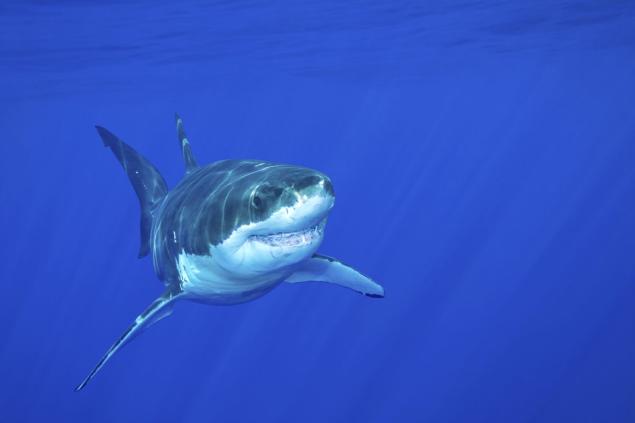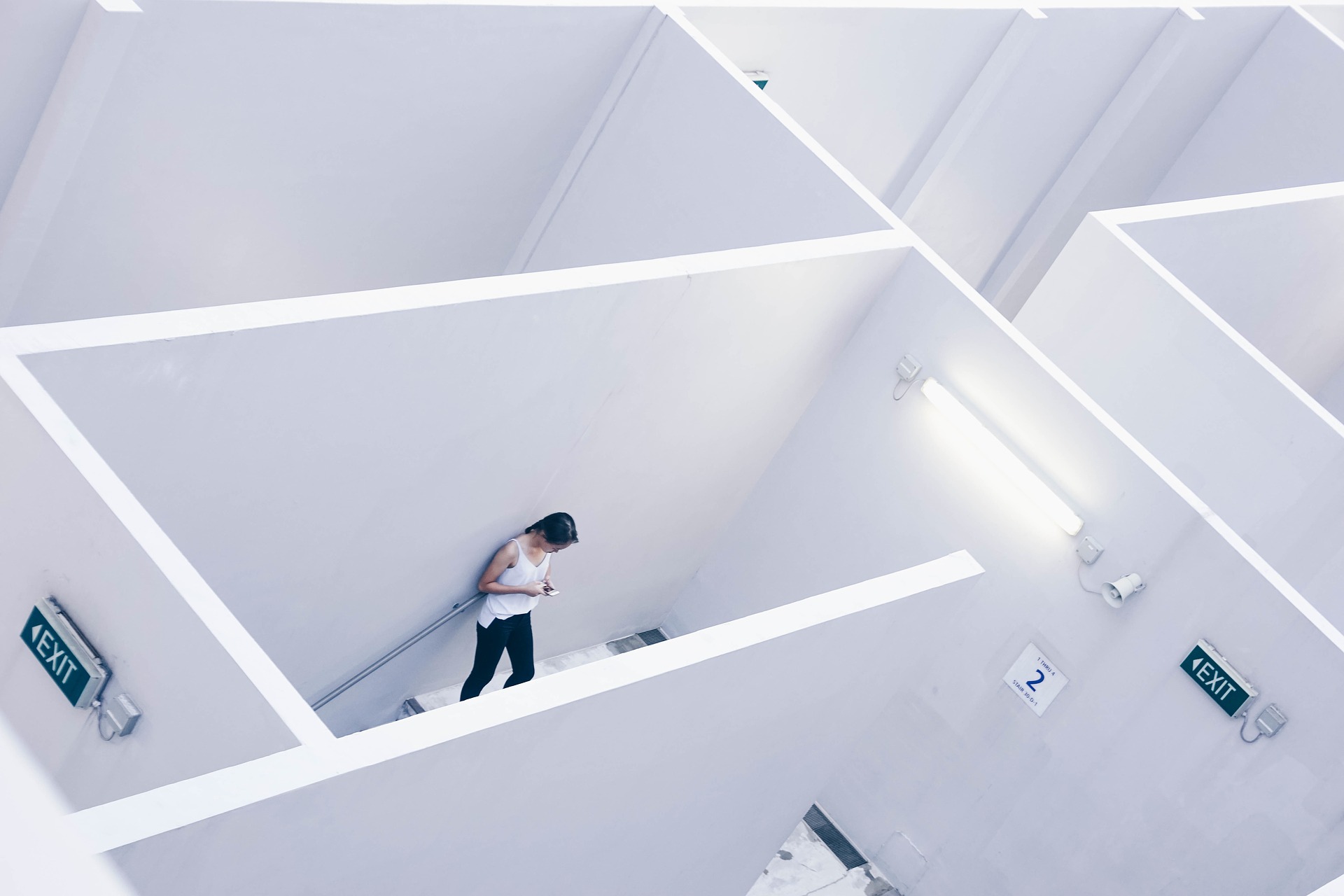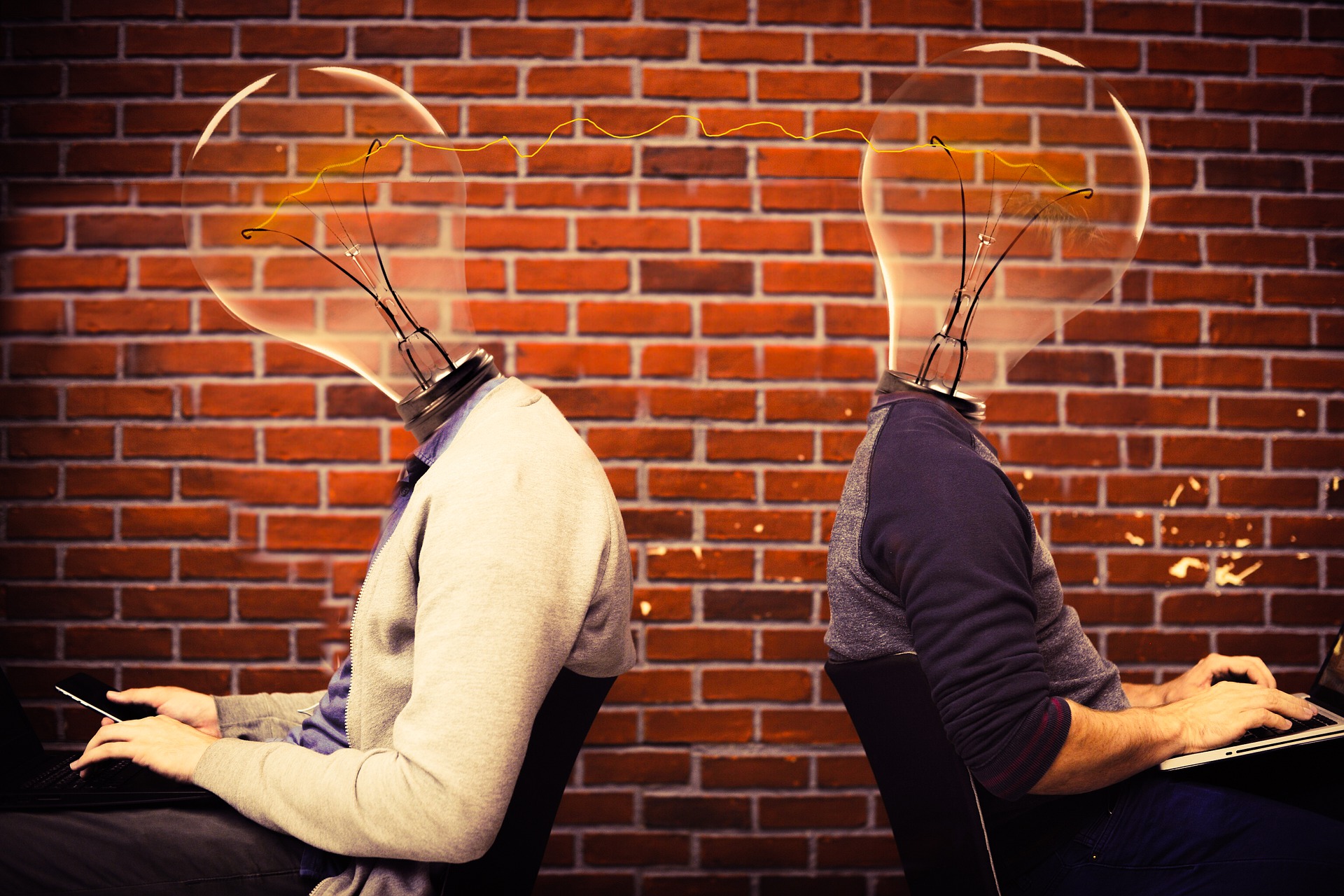
by Georgia Collins
You may have already heard of the campaign, started in Australia in 2011 by an environmental group based in Perth, called Plastic Free July. This year the project has more than 2 million people from over 150 countries pledging to minimise their use of plastic for the month of July. There are three levels of challenge, the simplest being to eliminate all single-use non-recyclable plastic in your daily life, such as that from takeaway coffees and plastic bags. I was introduced to it by a friend, and we have both decided to take on the full challenge; we will not use any non-recyclable plastic or single use plastic for the whole of July.
To get started with Plastic Free July, we signed up with the website, http://www.plasticfreejuly.org/ and took the ‘Pesky Plastics Quiz’. This was really interesting for me as I thought I was quite aware of plastic and was already avoiding excessive packaging. However, this quiz really showed me how much single-use, non-recyclable plastic I use and, scarily, how little I had noticed.
As well as avoiding anything with plastic wrapping or single-use plastic, we’re also finding alternatives for common everyday things. For example, bin bags can be replaced with compostable or newspaper liners (although thus far we’ve managed to recycle, compost or reuse all of our “waste”). We’re also ditching yoghurt pots… did you know that making your own yoghurt is actually really easy? (Making soya yoghurt, though,… not so much!). We’re also making a concerted effort to buy from shops that sell items either unpackaged or in recyclable containers. Hopefully through such alternatives we will fix our bad-plastic-habits for good.
As I’ve never studied economics/ politics/ anything societally useful, I don’t really get why there just isn’t a ban on all plastic that cannot be reused, composted or recycled, especially when a really cool, environmentally-friendly alternative already exists! For example, take a look at Vegware. Totally amazing! I can’t get over the fact that takeaway boxes can be compostable! I recommend looking at stuff like this as a good break from the actual work you are supposed to be doing and to restore one’s faith in humanity and human innovation. It also makes a nice change from being depressed about our detrimental impact on the environment.
Currently, many privately-produced products are public-waste problems. We can all fantasize (well, maybe not ALL of us, but I do it) about companies having to adopt closed-loop systems for their packaging: can you imagine if Coca-Cola suddenly had to be responsible for their plastic bottles?! I mean ALL their plastic bottles… even all the really, really old ones currently in the sea. But Lush, a cosmetics company, have already taken the initiative and are responsible for all their packaging (just because you’re an environmentalist doesn’t mean you can’t look and smell fantastic). Although it is frustrating that most big companies aren’t responsible for the effect they have on our environment, we can’t afford to be complacent as we all have some responsibility for creating plastic waste. We need a collective change, a cultural makeover that will reach every single one of us, and that most definitely can begin at home. The Earth is all of our homes after all, and right now we are just messing it right up. We all can take some responsibility for this, and movements like Plastic Free July are such an eye-opening way of realising how little we do.
We all know what plastic does, where it ends up… everyone must have seen Blue Planet by now. We can’t say we don’t know. What we can say though is, “no thanks!” to any single-use plastic. We can bring our own take-away cups, cutlery, lunch boxes and bags, and avoid the ridiculous packaging at many shops. Rather than just shaking our heads with dismay at some ridiculously wrapped vegetable (like, shrink-wrapped coconut?!) or getting upset about whales dying from swallowing plastic bags, we can use these emotions to do something and to stop polluting with plastic. You are responsible for what you buy, so don’t buy stuff that ends up on our beaches, buried in a hole and outliving the entire human population, or getting stuck in some poor albatross.
Go on, and make a fish happy by going plastic free!
PS. As part of Plastic Free July, my friend and I are saving all the plastic that we have inadvertently obtained. The count so far is 2 pieces of plastic packaging tape, a plastic bag from some unavoidable packaging (from a new pair of goggles – the goggles were in a plastic case, then in a plastic bag, then in a padded envelope…), and a pot holding some olives bought back in June. And we are only in day 4!

 “What benefits the larger group also benefits the individual lab, and vice versa. A network of human interactions is central to progress and success,” she states. Professor Heald believes that cooperation is key and that leaders of the group should respect and encourage the diversity of a group, as each individual brings a range of experiences to the research team. She also encourages young researchers to seek out places where this sort of environment could occur, but that even where it is difficult to envisage, a collaborative mind-set can improve the health of individual labs in any situation.
“What benefits the larger group also benefits the individual lab, and vice versa. A network of human interactions is central to progress and success,” she states. Professor Heald believes that cooperation is key and that leaders of the group should respect and encourage the diversity of a group, as each individual brings a range of experiences to the research team. She also encourages young researchers to seek out places where this sort of environment could occur, but that even where it is difficult to envisage, a collaborative mind-set can improve the health of individual labs in any situation.